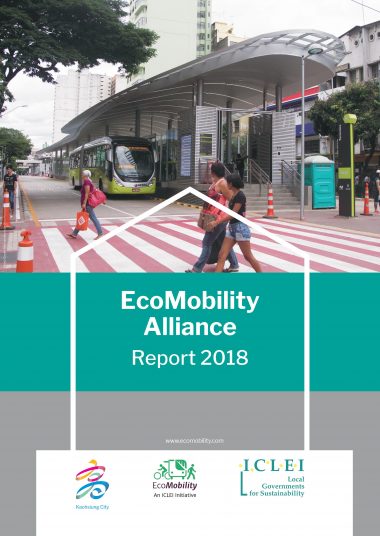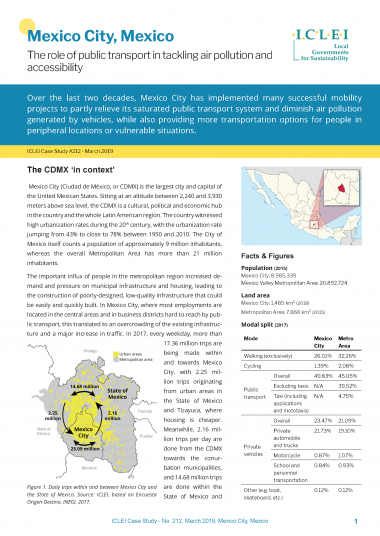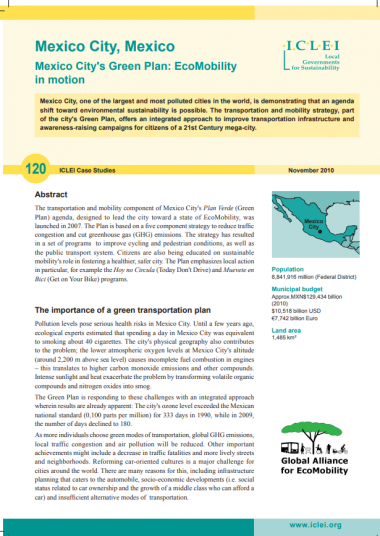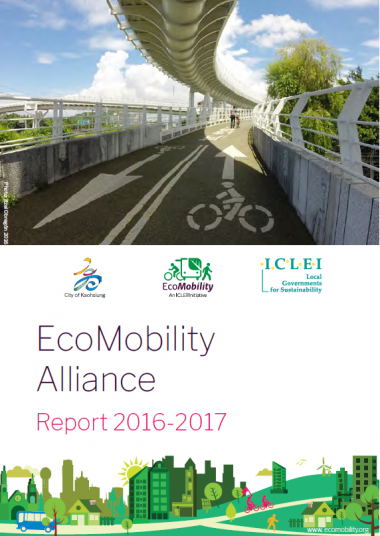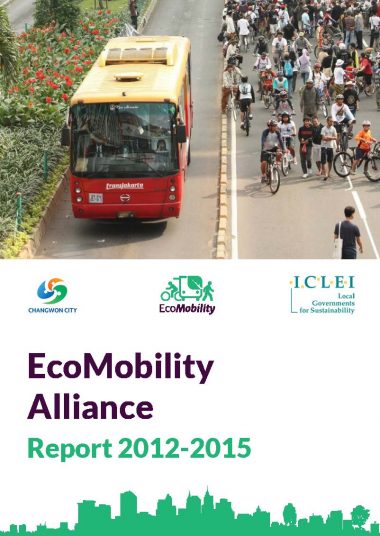The total revenue in the shared mobility sector stands at 239 million USD in Mexico in 2018. Mexico City saw a surge in the number of shared mobility options this year, ranging from kick e-scooters (Bird, Grin, Lime), bicycles (MoBike) to ride-hailing services (DiDi Chuxing). City government recently enabled contactless payments through bank cards and e-payments. The public bike- share system, EcoBici, is the fifth-largest in the world, with 6,800 bicycles, 480 stations, and more than 100,000 users. More than 40 million trips were taken, and it was reported that EcoBici had reduced 8 percent of taxi use and 5 percent of private car use. These bikes averaged at 3km especially for getting around the city center, closing the last-mile gap. Bike lanes have increased throughout the city to 170km cycling lanes, two large bike hubs, and 3,000 bike racks. With the entry of Mobike, the company plans to implement 50 bike parking zones in one of the city area, Miguel Hidalgo. All these efforts increased bicycle trips by 35 percent in the past five years.
Ride-hailing is another major industry that shapes Mexico’s modal split. While there are other ridesharing platforms in Mexico City, Uber remains the most prominent player since it entered the city in 2013. Its market share will likely continue to grow, as Uber planned to have 500,000 active drivers by the end of 2018. While the ridesharing and taxi industry had a rough beginning, it harmonized over the years due to the multi-stakeholder negotiations and regulations that try to differentiate the taxi and ride- sharing markets by prohibiting cash payments and by setting threshold car prices for shared cars*. Nonetheless, the incoming mayor of Mexico
City announced that review of current regulations to the taxi and ride-hailing industry is undergoing to avoid “unfair competition” between the two sectors. The incoming mayor also announced a reversal of the decision to replace the taxi meters in traditional taxis with tablets, a step to modernize licensed taxis.
According to a 2018 study**, the explosive growth of ride-hailing services like Uber has negatively impacted public transportation in American cities. Mexico City’s 2014 Mobility Law ensures a car-lite planning approach so that ride- sharing platforms do not compete with public transit and increase congestion. The entry of various micro-mobility, bike-sharing, and ride-hailing companies represent exciting opportunities for Mexico City to enhance mobility, sustainability and equality.
* Eisenmeier, S. (2018). Ridesharing platforms in developing countries: effects and implications in Mexico City. Pathways for Prosperity Commissions Background Paper Series: no. 3 Oxford. United Kingdom
** Schaller, B. (2018). The new automobility: Lyft, Uber and the future of American cities. Brooklyn. United States
